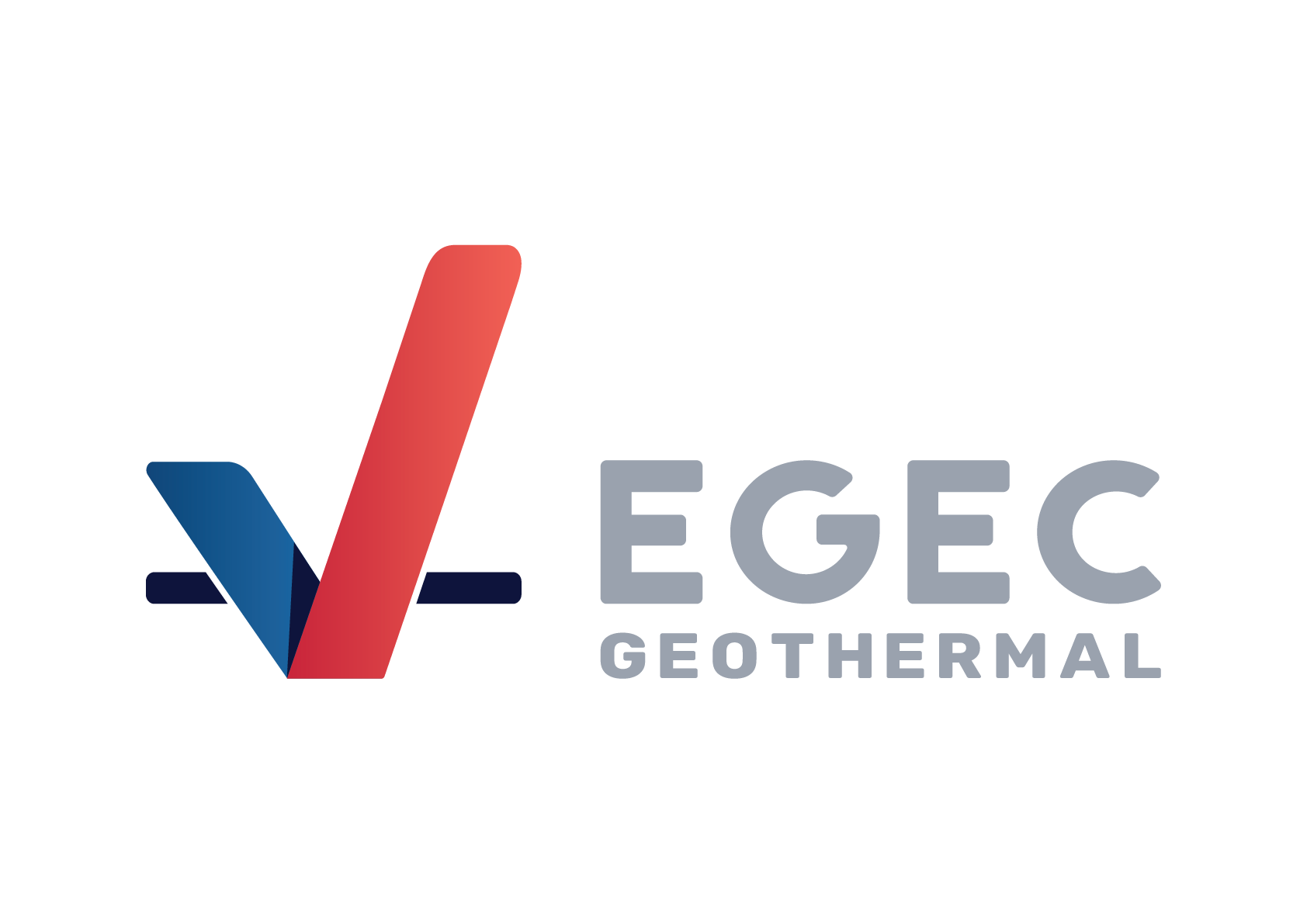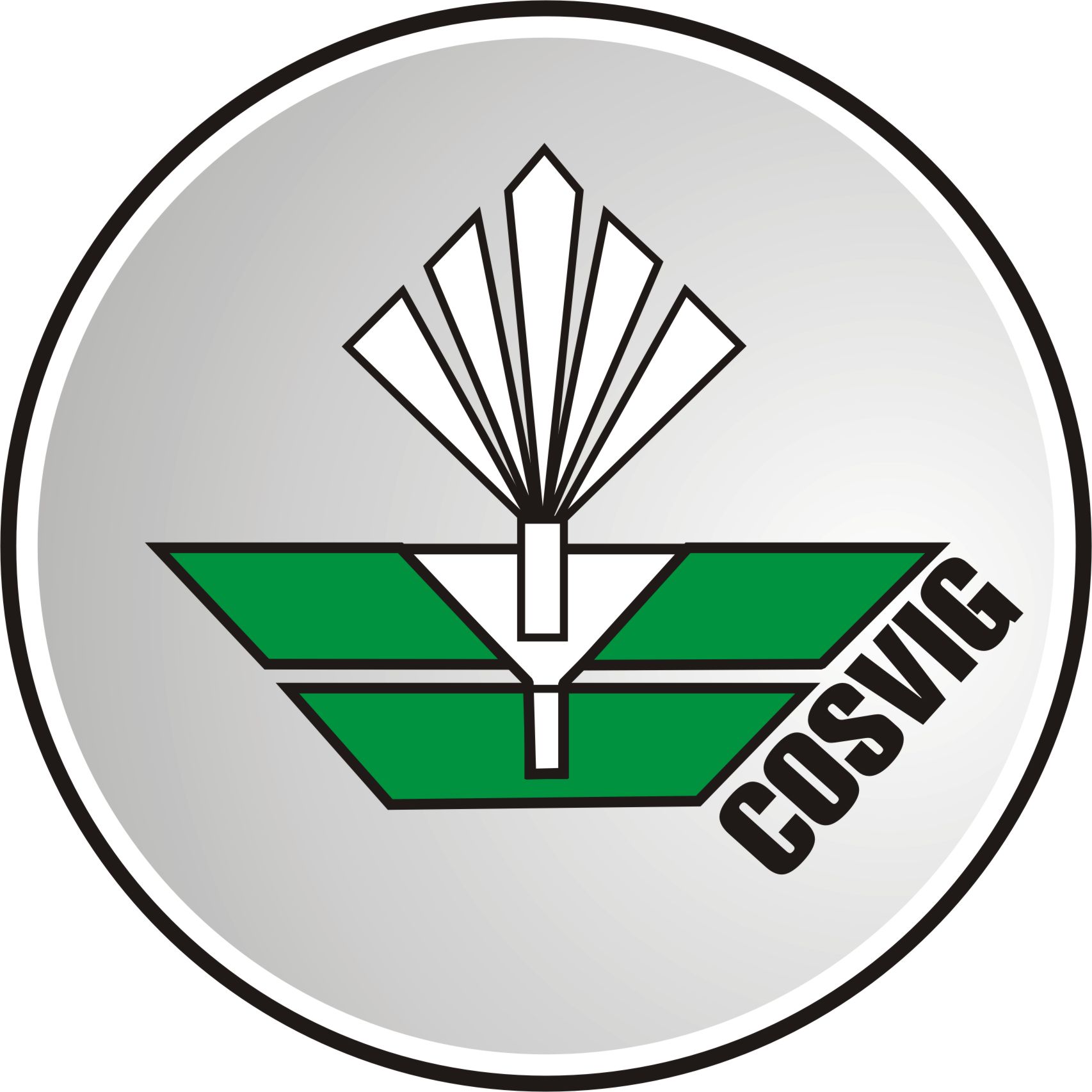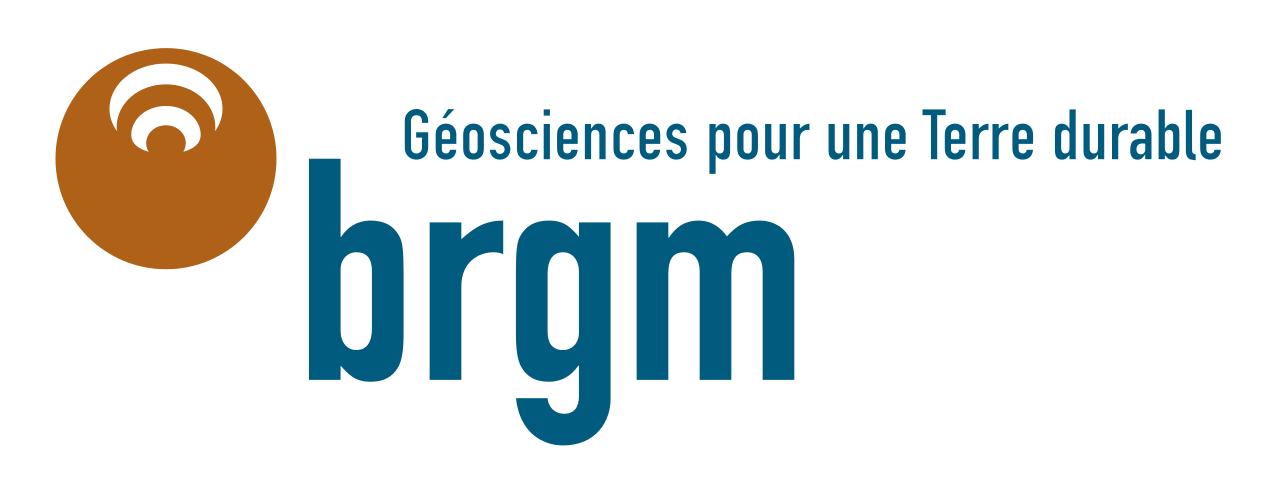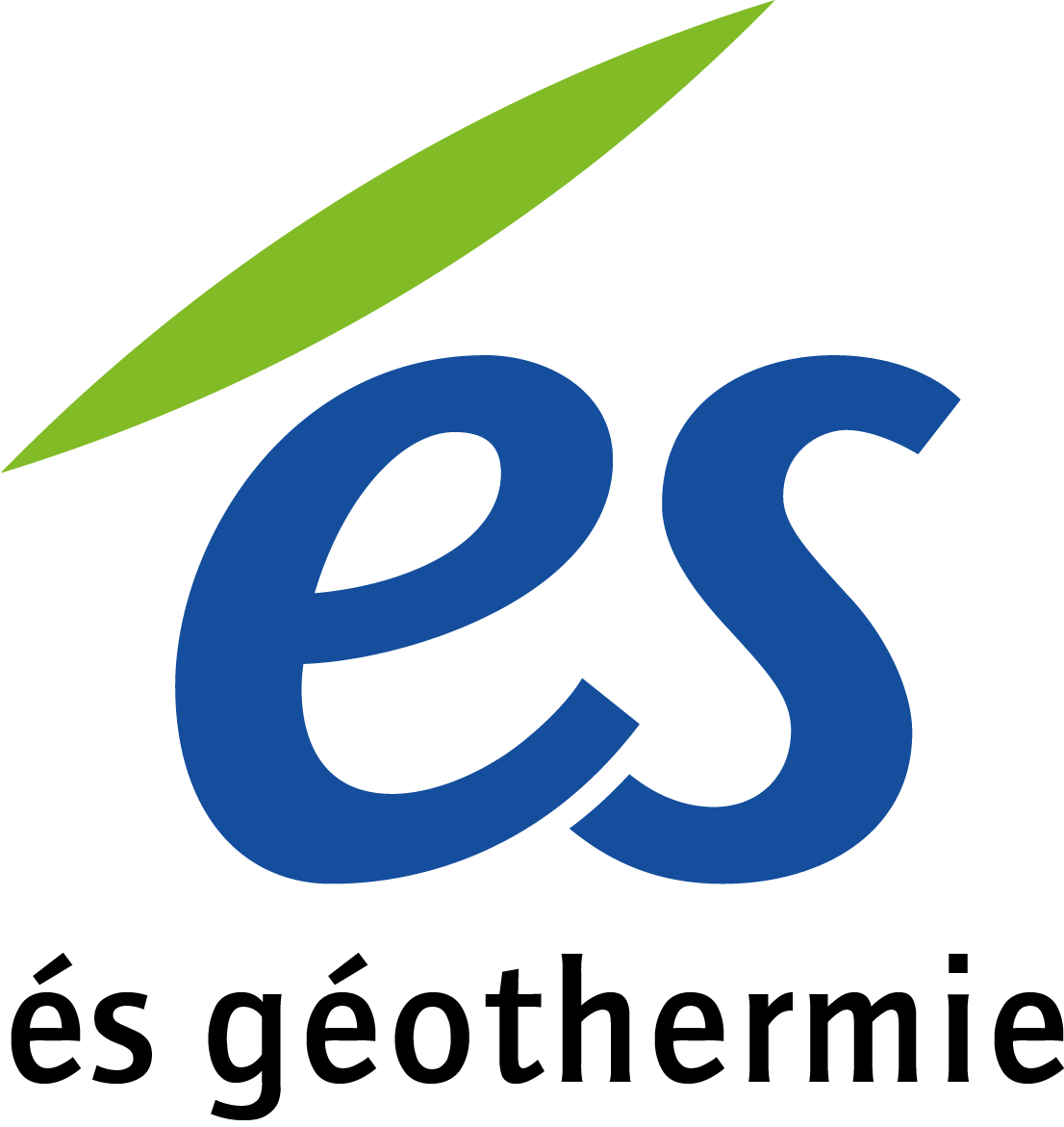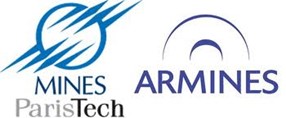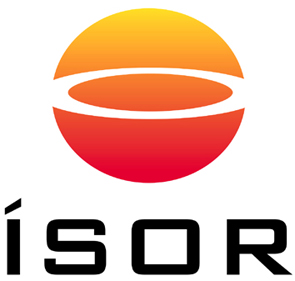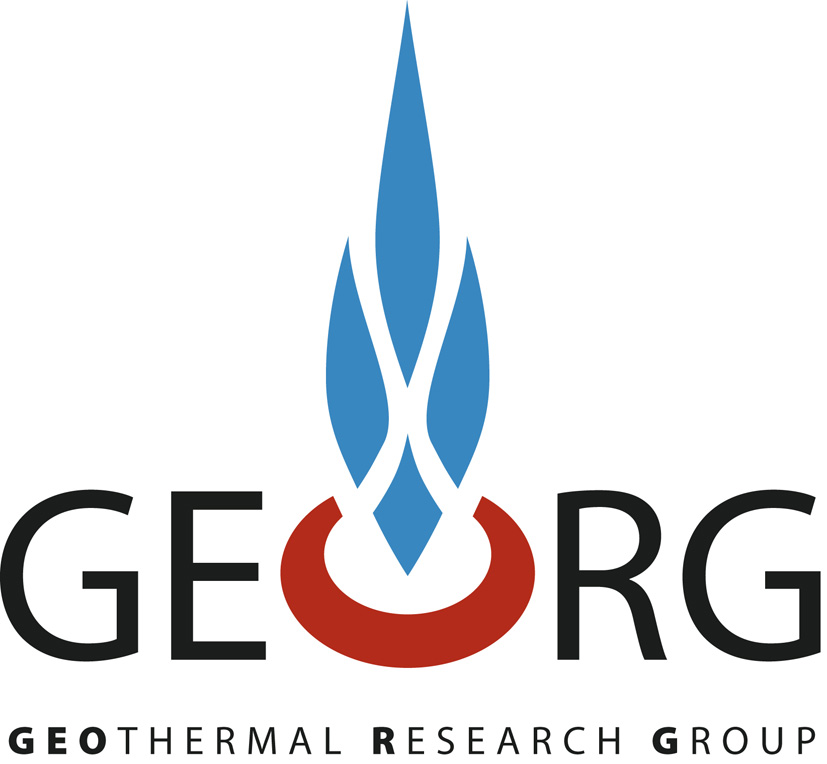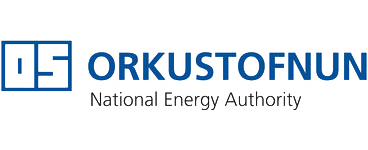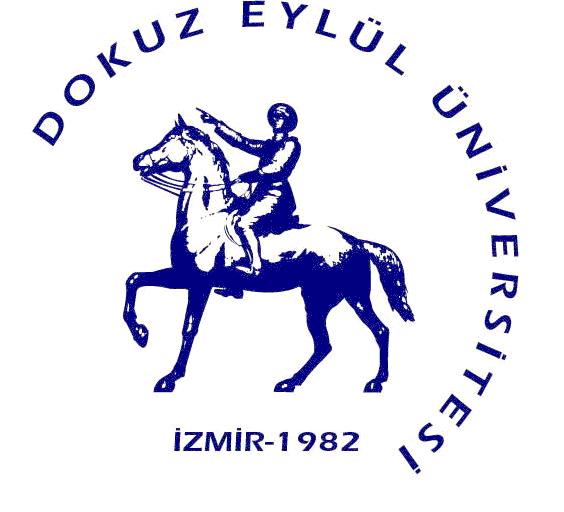EGEC, the European Geothermal Energy Council, is a non-profit international organisation founded in ...
About the Project
The GEOENVI project aims at answering environmental concerns in terms of both impacts and risks, by first setting an adapted methodology for assessing environment impacts to the project developers, and by assessing the environmental impacts and risks of geothermal projects operational or in development in Europe. The project proposed recommendations on harmonised European environmental regulations to the decision-makers and elaborate simplified LCA models to assess environmental impacts.
Deep geothermal has a great potential for development in many European countries. However, the advantages of using geothermal energy for power production and heating & cooling are not widely known. Recently, deep geothermal energy production in some regions is confronted with a negative perception, particularly in terms of environmental performance, which could seriously hamper its market uptake. Thus, environmental impact assessment is a prerequisite to the deployment of the deep geothermal resources.
The concept of Life Cycle Assessment (LCA) allows analysis and comparison of the environmental impacts of different energy production technologies over their life cycle stages – from extraction of raw materials to production, transport, use and end-of-life.
The project, coordinated by EGEC, started on 1 November 2018 and ended on 30 April 2021.
GEOENVI main results
- To map Environmental impacts and risks, as well as their perception and to define how environmental footprint of deep geothermal plants in Europe is measured and controlled in different countries.
- To build a harmonized methodology to assess environmental impacts of geothermal plants using a life cycle approach
- To engage decision-makers and market actors to adopt recommendations on regulations and to see the LCA methodology implemented by geothermal stakeholders
- To communicate on the environmental aspects of geothermal energy in a comprehensive and objective way, also thanks to the #ThisWeeksGoodNews media campaign.
Target countries and case studies
The GEOENVI project focuses on six key countries with varying deep geothermal potential, markets maturity, and geological settings: France, Italy, Belgium, Iceland, Turkey and Hungary. These countries have been selected because they have a potential for deep geothermal and there are plants already operating or under development.
They also present different and complementary geological settings, as well as profiles of environmental concerns. By collecting information in these countries, knowledge gained in experienced markets can be made accessible and transferred to stakeholders in less developed markets all over Europe.
Case studies have been selected to be treated in the project: they are located in Iceland (Theistareykir geothermal power plant), France (Soultz-sous-Forêts and Rittershoffen geothermal power and heat plants), Italy (Bagnore 3&4 geothermal power plants located in Amiata), Turkey (Kizildere geothermal plant), Belgium (Balmatt geothermal plant) and Hungary (Szeged district heating system).
This mix of case studies allows to combine projects at different phases of development, with difference about the most important environmental impacts and concerns, difference in the stakeholders involved, and with different geothermal technologies and geology.
The project developed a suite of site-specific case studies in which environmental impacts and risks have been assessed through a life cycle assessment.
Partners
Italy
RETE GEOTERMICA is a network of sixteen industrial companies undertaking the development of geotherm...
Italy
Enel Green Power EGP is an Italian group company dedicated to the development and management of powe...
Italy
CoSviG (Consortium for the Development of Geothermal Areas) is a Italian public company, founded in ...
Italy
CSGI (Italian consortium of research group) is an inter-university Italian research consortium of ex...
Italy
The National Research Council (CNR) is a public organization; its duty is to carry out, promote, spr...
France
BRGM is the reference public institution in France for Earth Science applications in the management ...
France
ES-Géothermie (ESG) is a subsidiary of the ES (Electricité de Strasbourg) Group, part of EDF and i...
France
ARMINES (www.armines.net) is a private non-profit research and technological organisation (RTO) fund...
Iceland
ISOR is a governmental non-profit service, research and training institute under the Icelandic Minis...
Iceland
GEORG is an international research-driven cluster cooperation, formed in 2009. GEORG is a partnershi...
The National Energy Authority (NEA) is a government agency under the Ministry of Industries and Inno...
Belgium
VITO is a leading European independent research organization in the areas of clean tech and sustaina...
Turkey
The "Jeotermal Elektrik Santral Yatırımcıları Derneği (in EN: Geothermal Power Plant Investors ...
Turkey
The Dokuz Eylul University (DEU) is a public university located in Izmir, Turkey. Among the 15 facul...
The Mining and Geological Survey of Hungary (MBFSZ) is a central governmental body supervised by the...
